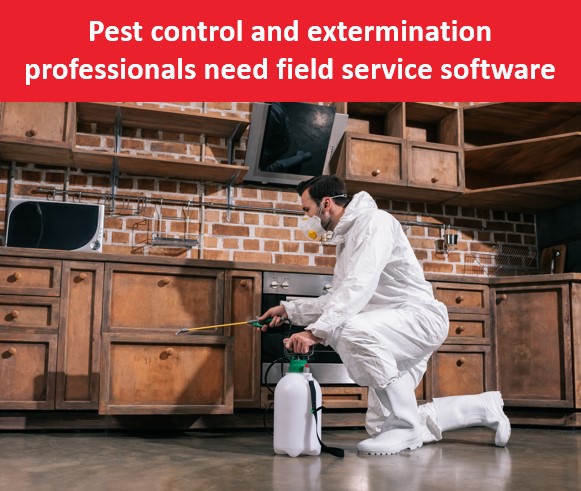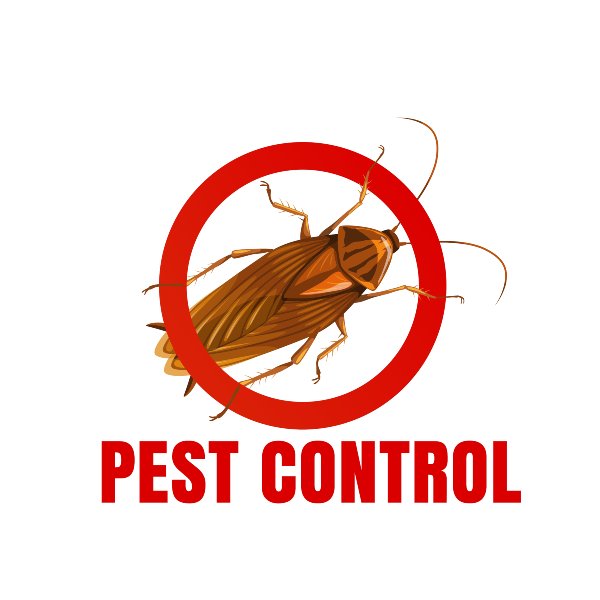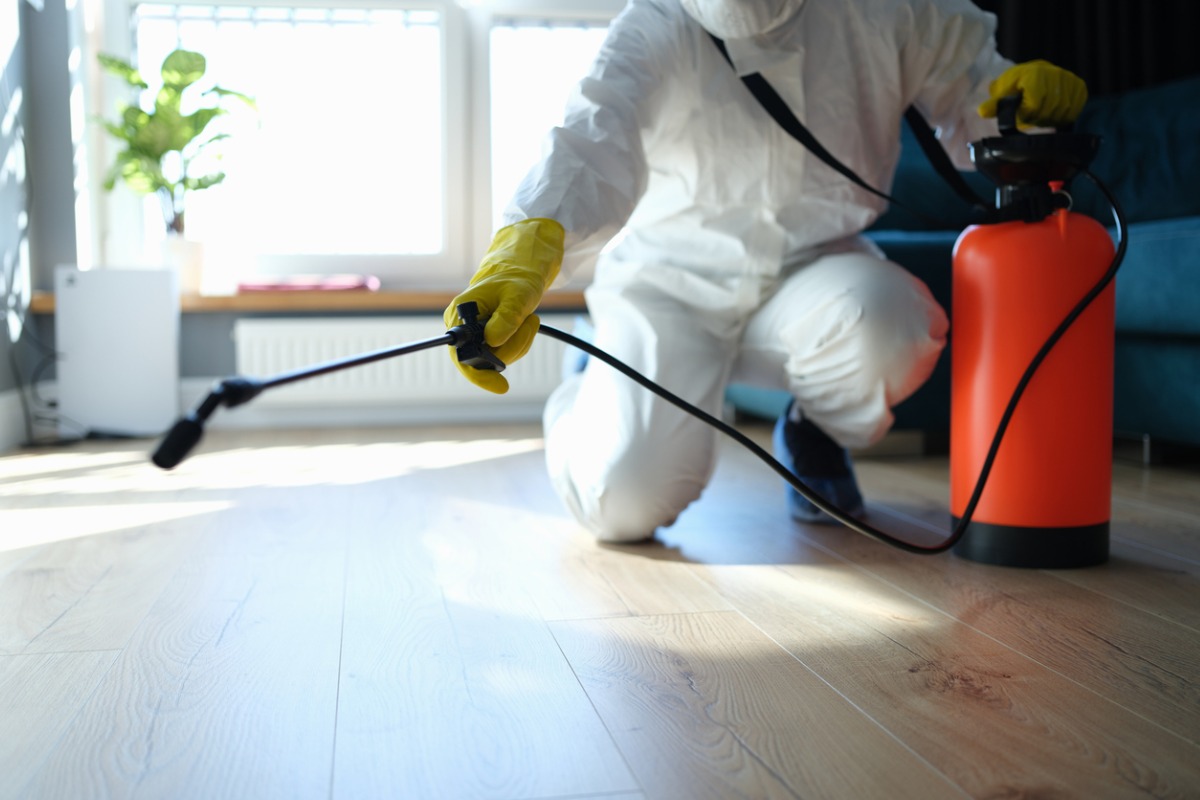Safe and Trustworthy Insect Control for Lasting Defense
Reliable pest management calls for a multifaceted strategy that balances eco-friendly integrity with the need for reliable insect reductions. The nuances of these approaches might not be immediately clear, prompting a more detailed exam of the methods that can lead to sustainable parasite control outcomes.
Comprehending Insect Control Methods
Pest control incorporates a range of methods focused on handling and removing unwanted bugs and rodents that can threaten both health and wellness and home. Comprehending these techniques is critical for effective insect administration.
The key categories of pest control techniques consist of mechanical, organic, and chemical approaches. Mechanical techniques involve physical obstacles and traps to avoid pest entrance and capture unwanted varieties. Utilizing screens on home windows or using sticky catches can considerably reduce pest populations without introducing unsafe substances - exterminator coquitlam.

Chemical insect control is usually one of the most recognized technique, using pesticides to eliminate parasites. These chemicals can be effective however must be utilized with caution to prevent unfavorable effects on non-target varieties and the setting.
Benefits of Eco-Friendly Solutions
Just how can green solutions change insect control techniques? The fostering of environmentally friendly insect control techniques uses numerous advantages, significantly improving the effectiveness and safety of pest management.

An additional benefit is the favorable influence on regional biodiversity. Eco-friendly options are developed to target specific pests while protecting helpful pests and wild animals, promoting a well balanced ecosystem. This method straightens with the expanding customer need for sustainable practices, improving the credibility of bug control companies.
Integrated Insect Management Strategies
The execution of environmentally friendly options normally leads to the fostering of Integrated Bug Administration (IPM) approaches, which additionally enhance pest control efficiency. IPM is an all natural approach that combines several techniques to handle bug populaces while lessening environmental effect. This strategy stresses the use of biological, cultural, mechanical, and chemical controls, ensuring a sustainable and balanced method of pest administration.
One essential element of IPM is the detailed assessment of pest activity and ecological conditions. By keeping an eye on insect populations and identifying their life cycles, experts can carry out targeted interventions that interrupt the insect's habitat or lifecycle, reducing reliance on chemical pesticides. In addition, social practices such as crop turning and environment adjustment can dramatically decrease insect facility and recreation.
An additional essential part is making use of biological control agents, such as beneficial bugs or microorganisms, which can normally subdue parasite populations. When chemical applications are required, IPM prioritizes making use of low-risk pesticides and uses them precisely, reducing direct exposure to non-target organisms and humans.
Incorporating IPM methods not only enhances insect control performance however also advertises a safer ecosystem, straightening with the expanding need for lasting practices in parasite management.
Safe Practices for Homeowners
Recognizing the relevance of risk-free techniques in insect control can empower homeowners to effectively manage parasite problems while guarding their health and wellness and the environment. Applying preventive actions and non-toxic techniques is crucial in decreasing direct exposure to harmful chemicals.
Homeowners ought to initially assess their setting for conditions that attract bugs, such as standing food, water, and clutter waste. Consistently cleaning and securing entrance factors can deter insects from getting into the home. Using all-natural deterrents, have a peek here such as essential oils or diatomaceous planet, can give reliable alternatives to chemical pesticides.
When chemical treatments are required, home owners ought to decide for items that are specifically labeled as risk-free for residential usage. It is vital to comply with application standards meticulously to avoid overexposure. Utilizing targeted therapies in locations where parasites are determined, instead than covering splashing, can substantially reduce chemical use.
Finally, maintaining open communication with pest control experts is important. Property owners need to ask about the security of products utilized and request green alternatives whenever possible. By embracing these safe methods, homeowners can produce a healthier living atmosphere while successfully taking care of parasite issues.

Tips for Long-Term Defense
Establishing a pest administration method that emphasizes long-term protection can significantly enhance white ants the performance of the risk-free techniques previously discussed. To achieve this, homeowners ought to apply routine examinations of their home, focusing on hidden areas such as attics, basements, and crawl areas. Early discovery of insect activity is critical in preventing invasions from taking hold.
Furthermore, keeping a tidy environment is important. This includes appropriate food storage space, quickly cleaning up spills, and regularly throwing away waste. These methods reduce attractants that attract bugs into the home. Securing access points, such as cracks around windows and doors, can efficiently obstruct potential parasite access.
Landscaping needs to likewise be taken into consideration; maintaining plants trimmed and maintaining a distance between greenery and the home minimizes hiding places for insects. Utilizing all-natural deterrents, such as important oils or diatomaceous planet, can better dissuade problems without turning to rough chemicals.
Lastly, teaming up with a professional bug control service for periodic analyses can supply an added layer of safety and security. These specialists can termite protection use customized referrals and advanced therapies, ensuring that your home stays shielded versus bugs in the long term.
Verdict
Finally, risk-free and dependable bug control calls for a complex technique that emphasizes environment-friendly techniques and integrated bug administration. By implementing natural deterrents, conducting regular evaluations, and preserving appropriate sanitation, homeowner can considerably minimize pest populaces while protecting helpful insects and the setting. Collaboration with specialist bug control solutions boosts the performance of these methods, guaranteeing tailored remedies that give long lasting defense and comfort versus future invasions.
Efficient pest monitoring calls for a multifaceted strategy that stabilizes eco-friendly integrity with the demand for efficient bug reductions. The adoption of eco-friendly bug control techniques provides many advantages, significantly improving the effectiveness and security of pest management.The implementation of environmentally friendly solutions naturally leads to the adoption of Integrated Bug Administration (IPM) strategies, which better enhance insect control effectiveness. exterminator coquitlam. By monitoring bug populaces and identifying their life cycles, practitioners can apply targeted treatments that interrupt the insect's environment or lifecycle, minimizing dependence on chemical pesticides.In verdict, risk-free and reliable parasite control needs a diverse strategy that highlights environment-friendly methods and incorporated pest monitoring